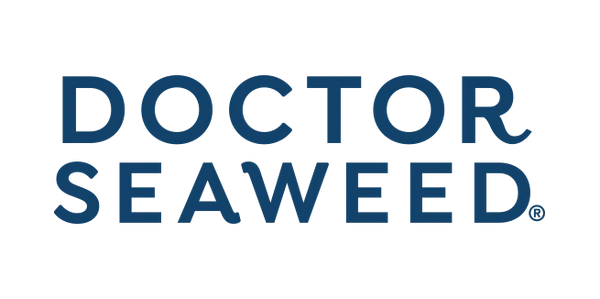Every year the Wildlife Trusts celebrate our amazing oceans during National Marine Week. Providing us with over half of the oxygen that we breathe and absorbing more carbon dioxide than our atmosphere, our oceans are our planets life support system. Sadly, unsustainable practices such as overfishing and reliance on single use plastic mean that our oceans and the marine life within them are suffering.
However, National Marine Week is a great time to step up and take action to help protect and restore our oceans - read on to find out what you can do to help protect marine life.
Get involved in a beach clean
One of the greatest dangers to marine life is litter, with an estimated 8 million tonnes entering our oceans every year. In fact, there’s so much litter at sea that it forms huge floating patches of debris, with the current largest patch covering an area twice the size of Texas[i]. With a mission to reduce the amount of litter entering our oceans, the Marine Conservation Society run a Great British Beach Clean every September. However, you don’t have to wait until then to help to keep our beaches clean and our oceans safe for wildlife. There are organised beach clean events throughout the year, and you can even organise your own.
If you decide to directly reduce the litter entering our oceans by cleaning up a beach near you, make sure you go prepared! Take a litter picker if you have one, or a protective pair of gloves such as gardening gloves to protect your hands from anything sharp or dirty. Stay safe by avoiding picking up anything dangerous such as needles, electrical items or things that may contain dangerous chemicals. If you’re unsure what something is – it’s best not to pick it up.

Use less plastic
Of all the litter that ends up in our oceans, the majority is plastic. In fact, it’s estimated that by 2050 there’ll be more plastic in the oceans than there are fish[ii]. This poses a huge threat, since it breaks down into smaller and smaller pieces which are ingested by marine wildlife. This can have detrimental effects all the way up the food chain, as it allows plastic to build up in the bodies of the smallest animals, right up to the largest predators – including humans! While you may already have switched to bags for life and reusable coffee cups, there are plenty of other simple changes that you can make to reduce your plastic use. In fact, you may be surprised when you realise just how much plastic you use as part of your daily routine.

In the bathroom for example, there are many plastic items that we could easily reduce. A simple start is swapping your usual pump soap for a bar of soap, as this completely eliminates the plastic, and the carbon footprint is around 25% smaller. Exfoliating shower puffs are used by most of us when we’re lathering up, but these need replacing often, resulting in a lot of plastic waste. Switching these for alternatives made from natural materials is a good start, but why not reconsider whether items such as this are really essential?
Choose sustainable seafood
As well as pollution, the health of our oceans is threatened by unsustainable fishing, with the UN naming it as the biggest cause of marine biodiversity loss in the world. The ever growing population has meant an ever growing demand for seafood, resulting in 94% of global fish stocks being fully or overexploited[iii]. By choosing only sustainable seafood, we can help to minimise the damage that we’re doing to our oceans. But how can you make sure that you’re shopping for seafood sustainably?
Most people are aware of the ‘blue fish tick’ on seafood packaging – this is certification from the Marine Stewardship Council (MSC) that the company has undergone an assessment and provided full traceability to evidence their sustainability. Choosing MSC certified seafood is a good place to start, as these options are often rated well on the Good Fish Guide – a guide that uses scientific evidence to provide sustainability ratings for seafood. You can also make your seafood consumption more sustainable by opting for seafood outside of the options in highest demand. For example, in the UK about 80% of seafood is sold from just 5 species groups – cod, haddock, salmon, tuna and prawns. Diversifying outside of these species is a good way to reduce the pressure on the wild populations of the most popular species.
What we’re doing
As a brand founded by a marine biologist, a love of the sea is at the heart of everything that we do. Follow us on social media (@doctorseaweed) to find out what we’re doing this National Marine Week to help protect our oceans and the wildlife that lives within them.

